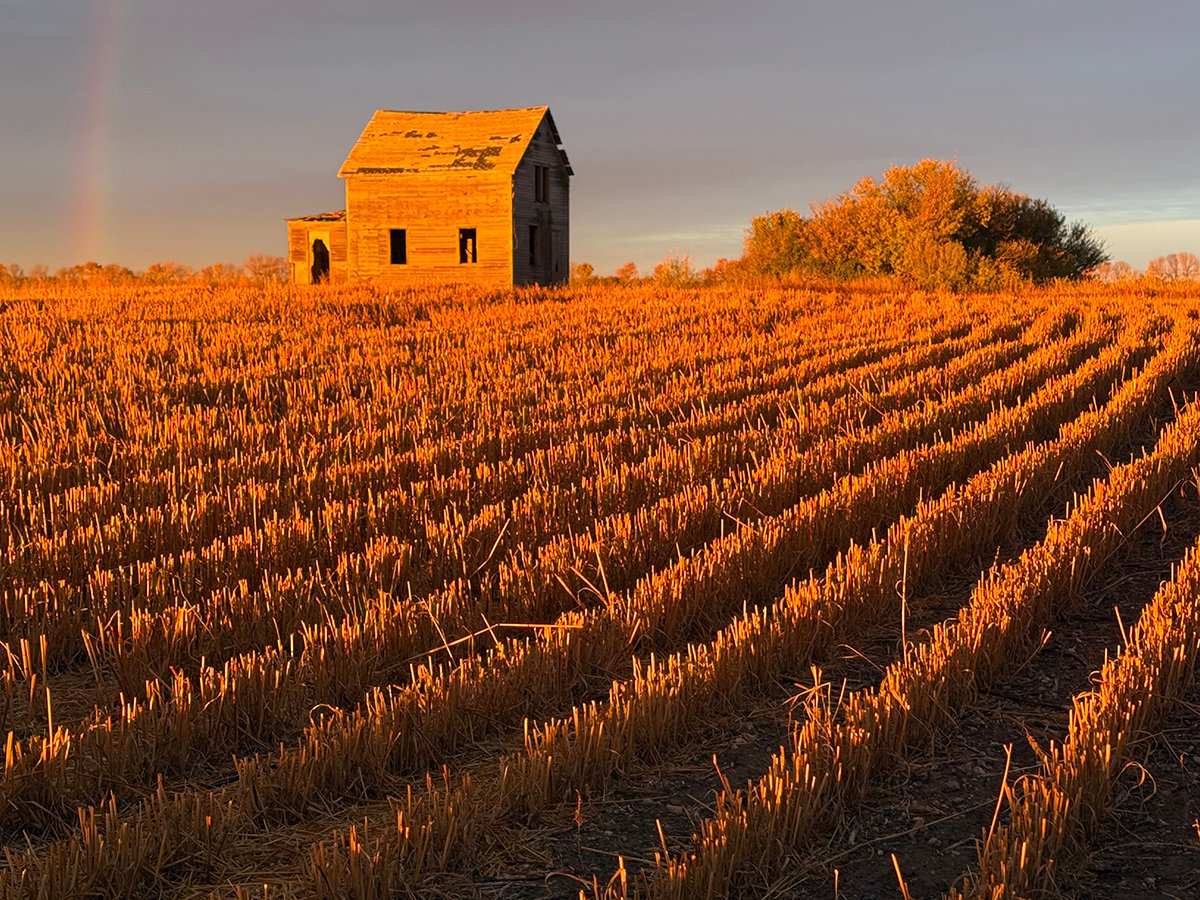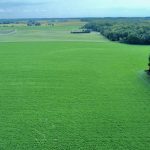Seeking investors | Biostreet Canada suffered setbacks but rising oil prices give it a new outlook
Canola growers could have another major outlet for their crop if a large Alberta biodiesel project that has regained its momentum lands the necessary financing.
“We’re still alive. We’re still here. We’re still pushing forward the best we can and hopefully we’re going to pull it off,” said Darrel Michaels, president of Biostreet Canada.
The company plans to build a 237 million litre biodiesel plant with an attached 500,000 tonne canola crushing facility in Vegreville, Alta.
It would be the second biggest biodiesel plant in Canada, next to the 265 million litre Archer Daniels Midland facility under construction in Lloydminster, Alta.
Read Also

Forecast leans toward cooling trend
July saw below average temperatures, August came in with near to slightly above average temperatures and September built on this warming trend with well above average temperatures for the month.
Biostreet had originally hoped to operate the plant by late 2009.
“We’ve had a lot of setbacks and we’re still running into problems,” said Michaels.
The global recession that began in 2008 and the market uncertainty that accompanied it have been two obstacles, but the biggest blow was learning that the project wouldn’t receive funding from the federal ecoEnergy for Biofuels program.
“That was a huge setback for us because it was worth quite a bit of money. When we found out we didn’t get it, all our potential investors just sort of walked on us,” he said.
Biostreet wasn’t the only disappointed applicant. A handful of western Canadian biodiesel projects also didn’t get program funding.
“What kept the thing alive was the price of oil started going back up. At $90 to $100 a barrel of oil, all of the sudden we were starting to get some traction,” he said.
Biostreet has letters of intent with potential buyers of its biodiesel, although it is too early for official agreements. It is in discussions with energy and oil company investors.
“We’ve had a tough few years here, but we’re getting into some very serious negotiations with some big national and international players that are now taking a very serious look at Biostreet,” said Michaels.
Wooing investors hasn’t been easy because Alberta is oil country and oil companies see biodiesel as a competitor.
“It’s almost like we’re taking food off their plate,” he said.
The strategic partners negotiating with Biostreet want the project to be shovel-ready before they commit to the venture.
Most of that work is complete. The location is selected, all environmental permits are in place and the design basis memorandum is complete.
“We’re just about there. All we have to do is the front end engineering,” said Michaels.
He hopes to have funding arrangements in place by the end of June, construction started by fall and biodiesel produced at the plant by 2014.
The project got $800,000 in provincial and federal grants and $5 million from 300 shareholders, including many Vegreville area farmers.















